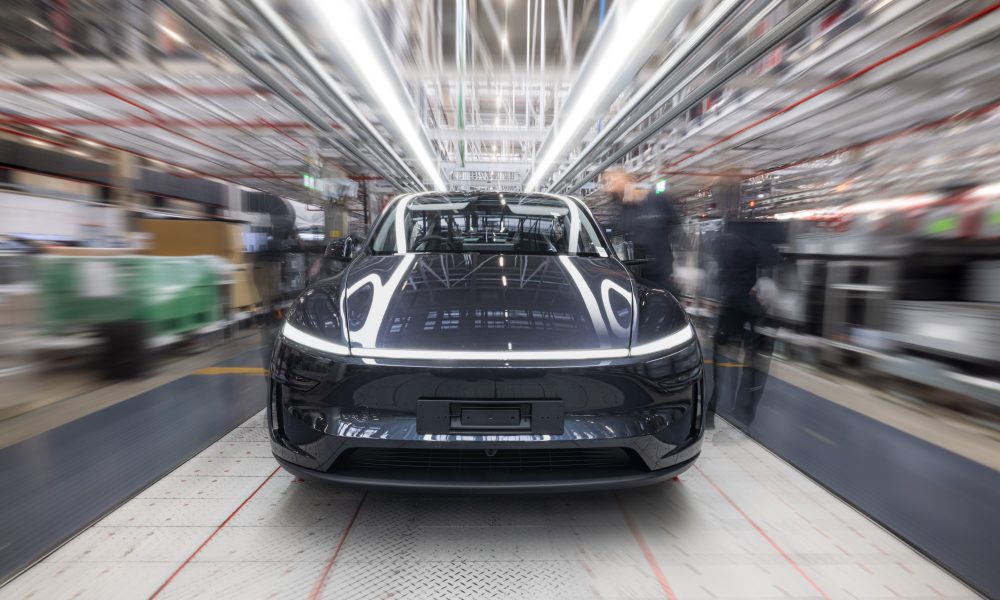
"The technology Panasonic is pursuing would eliminate the anode during the manufacturing process, as noted in a Reuters report. By freeing up space for more active cathode materials such as nickel, cobalt, and aluminum, the Japanese company expects a 25% increase in capacity without expanding battery size. That could allow Tesla's Model Y to gain an estimated 145 kilometers (90 miles) of additional range if equipped with a battery that matches its current pack's size."
"Panasonic also aims to reduce reliance on nickel, which remains one of the more costly raw materials. A senior executive previewed the initiative to reporters ahead of a scheduled presentation by Panasonic Energy's technology chief, Shoichiro Watanabe."
"The breakthrough, if achieved, could strengthen Panasonic's position as Tesla's longest-standing battery partner at a time when the automaker is preparing to enter an era of extreme scale driven by high-volume products like the Cybercab and Optimus. Elon Musk has stated that products like Optimus would be manufactured at very high scale, so it would likely be an all-hands-on-deck situation for the company's suppliers. Panasonic did not share details on production costs or how quickly the new batteries might scale for commercial applications."
Panasonic is developing an anode-free EV battery that removes the anode during manufacturing to free space for more active cathode materials. The design targets about a 25% capacity increase without enlarging battery size, potentially adding roughly 145 kilometers (90 miles) of range to a Tesla Model Y or enabling smaller, lighter packs to achieve current range. Panasonic plans to reduce reliance on costly nickel and previewed the initiative ahead of a presentation by its technology chief. The breakthrough could strengthen Panasonic's role as a Tesla partner amid impending high-volume production, though production costs and commercial scaling timelines remain unspecified.
Read at TESLARATI
Unable to calculate read time
Collection
[
|
...
]